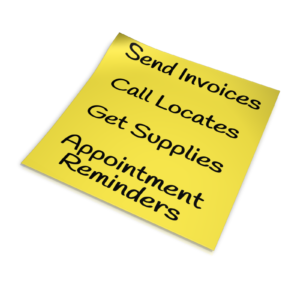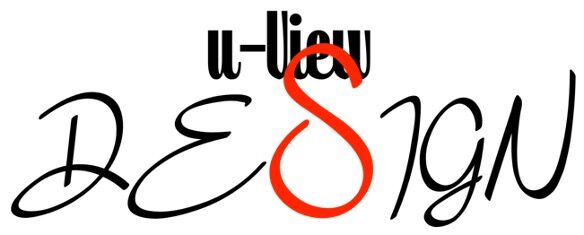 CRM might be a new term, but what it means for you business is extraordinary.
CRM might be a new term, but what it means for you business is extraordinary.
Customer Relationship Management
Most small businesses manage customers on spreadsheets, accounting systems, emails, texts, or phone calls but often when business is good, service suffers. Not because you want it to, but because an efficient process hasn’t been established to manage all the various interactions and touch points necessary for outstanding customer service. A CRM allows you to manage all the interactions from a single source so the focus is on the customer, not the paperwork chase.
For example, when someone requests information from your website, what happens?
- Does your prospect get an acknowledgement of appreciation?
- Who is responsible for following up?
- How do you track the progress of a clients job or project?
- Have you had to reschedule jobs because the client forgot?
- How do you determine who is responsible for what during the engagement with your client?
- Have you missed invoices for clients?
- Which proposal is the most current?
- Do you provide them an avenue for feedback to you, instead of potentially bad ratings on public sites that can hurt your reputation?
Keep everyone on the same page so your customer feels appreciated. Communicate with your customer at any change in status of a job and keep your team productive instead of chasing down emails, texts or notes.
KYC. Know Your Customer. A CRM enables you to know who they are, what they purchased, when they purchased it and allows you to re-market the same or new products for services back to an audience that already knows and trusts your organization.
